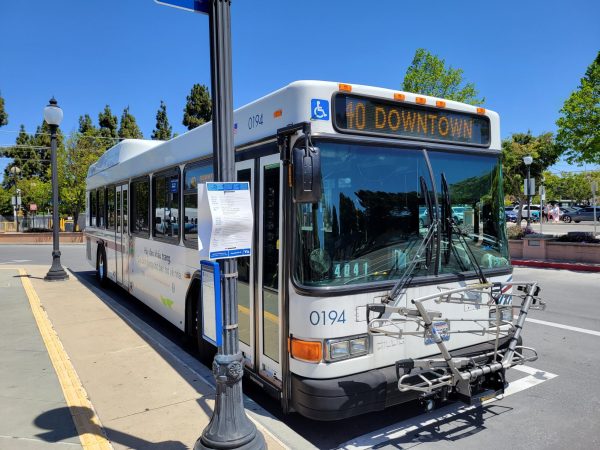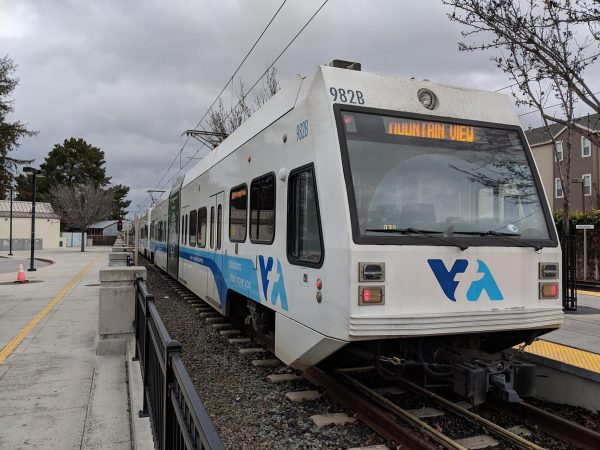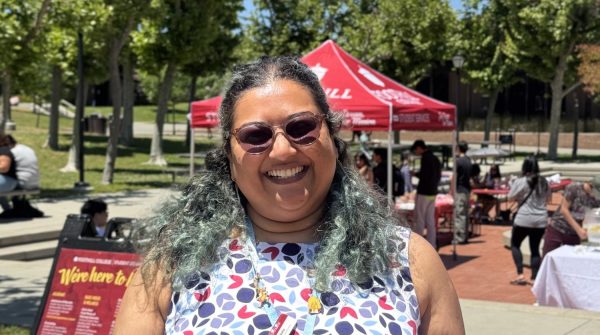Foothill students demanding affordable housing
Foothill students looking for affordable housing options gathered Monday, January 23, from 5 to 6 p.m. at the Foothill College Stem Center for a focus group about the affordable housing crisis. Students and faculty from all over campus sat down to take part in the discussion. Discussion facilitator and Foothill instructor, Eric Reed, opened the meeting with the important message that neither Foothill nor DeAnza offer on or off campus housing, which is becoming a problem for many students due to the high rental costs in the Bay Area.
Institutions struggle to provide enough high-quality campus housing for their students as a result of high enrollment. Public institutions like Foothill and De Anza College are already severely limited compared to larger private institutions that are dealing with the same crisis, leaving their students with less resources and outlets for support.
In these focus groups, students can contribute to the discussion with their personal experiences as both international and residential students having to fend for themselves. Students have described how they either paid a bizarre amount of money for just a small bedroom or how they paid a few hundred dollars but had to share the room with a couple of people. In addition, many students present shared that they were aware of other students facing housing insecurity. The conversation then led into how this impacts the students’ ability to perform in school, as dealing with housing insecurity can be stressful, time-consuming, and unsettling.
If affordable housing is such a big problem, then why don’t students get a job outside of school? This was a question that sparked a heated debate, with no simple solution. Many students were already employed, and some faced the issue of being international students. International students are not allowed to work outside of the school, and there are limits on which jobs they can take and how many. International students also face a higher tuition fee than residents, which adds to the stress of affording school and accommodation.
Students and faculty agree that there is a problem for students who are affected by the housing crisis in trying to prioritize between school and work. This problem will not go away by itself; there is a need for students to get involved. Affordable housing is something both Foothill and De Anza have fought for because they see it in their best interest as the leading community colleges with the best transfer rate to help their students further regarding the question of affordable housing.
Furthermore, Foothills’ battle for affordable housing has paid off, according to Reed. He mentions that Foothill and De Anza colleges have been approved and received a grant for building faculty and student housing. Reed can’t say when it will happen; there are still some problems regarding where to build and how to do it, but there is hope. A hope to increase community involvement, school spirit, and student living where they don’t have to sleep in their cars or under bridges, according to Reed. The housing crisis affects a lot of students, and by going to the focus groups, you can share your story, get help, and help make the Foothill community stronger.




























































































